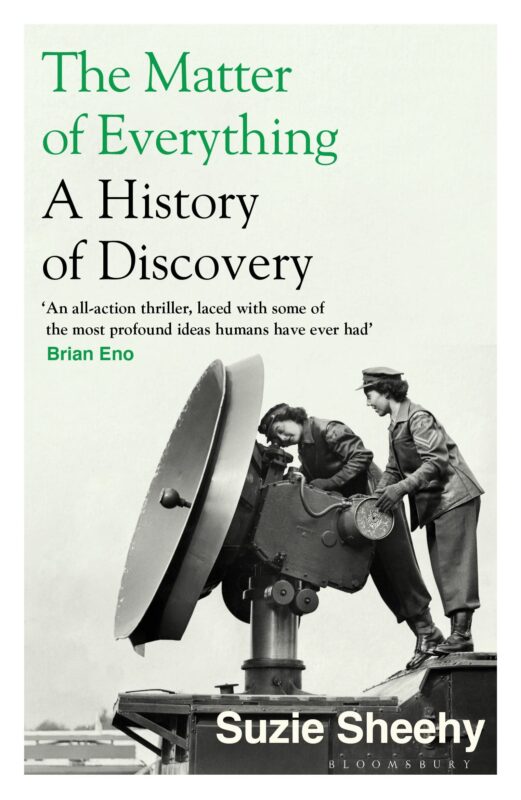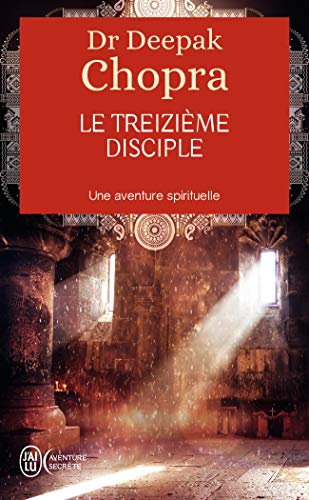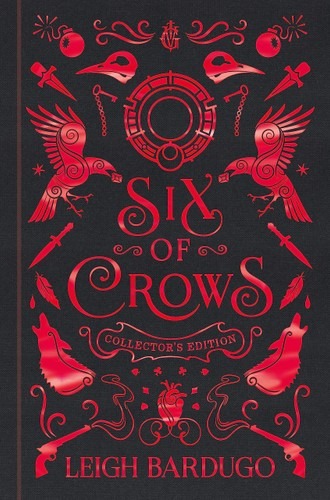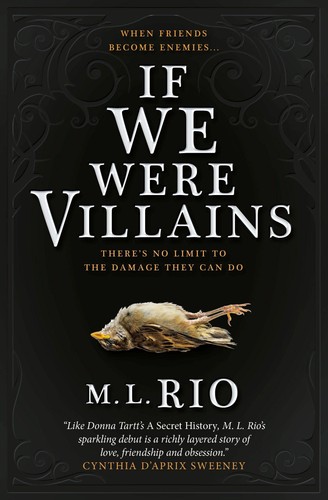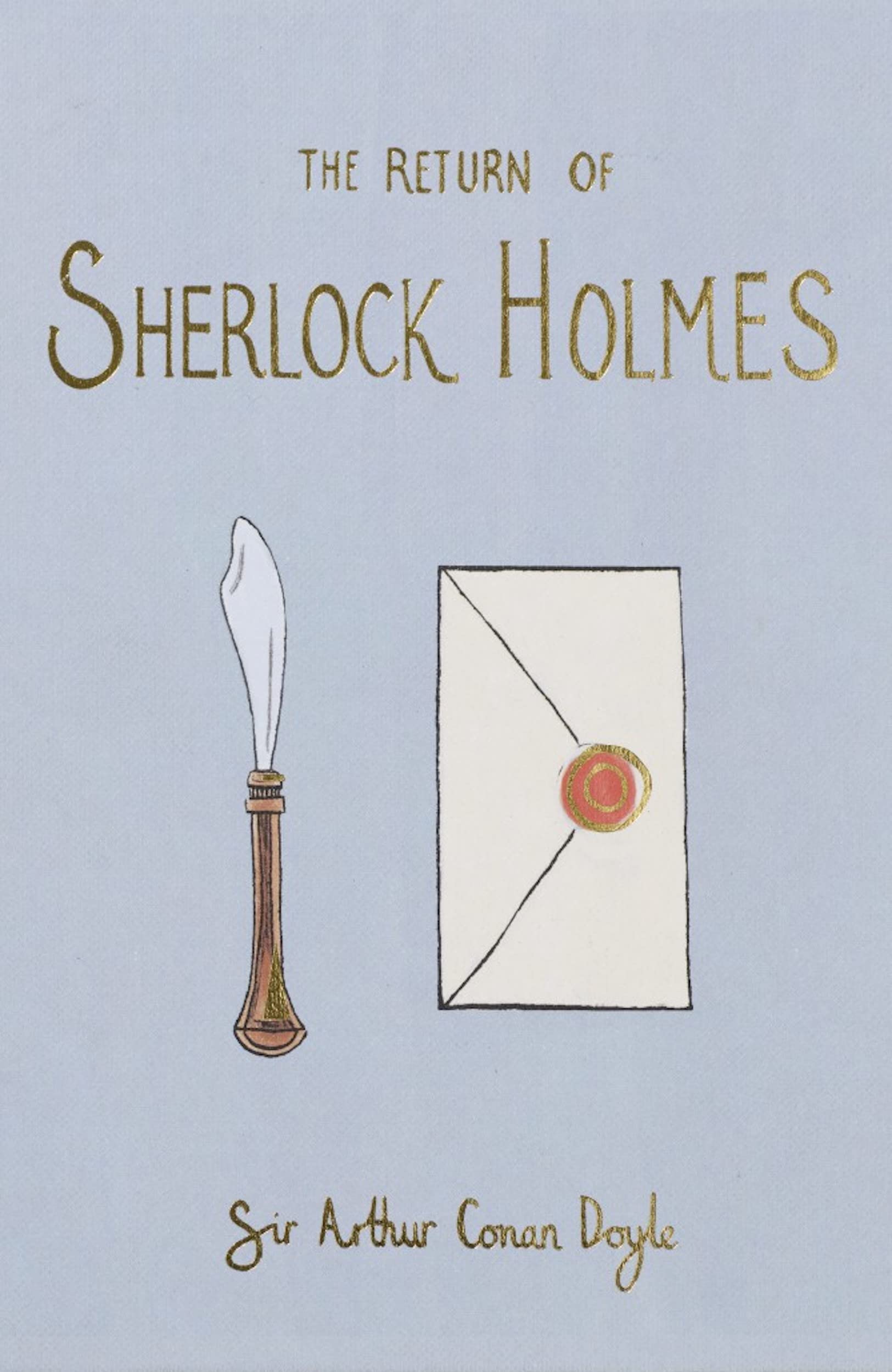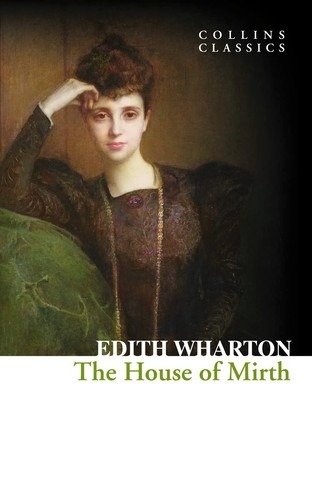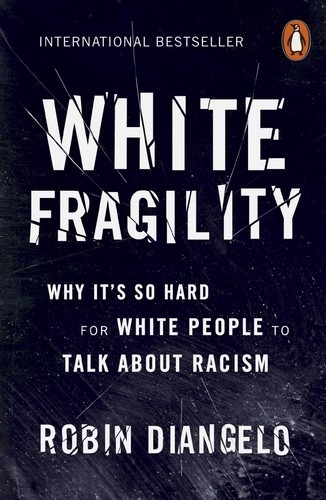Search Results for: exchange
L’identité au Maghreb, l’errance – Noureddine Toualbi-Thaâlibi
Noureddine Toualbi-Thaâlibî est professeur aux universités où il enseigne l’anthropologie psychanalytique et la psychologie de l’interculturel. Docteur en psychologie et docteur d’Etat es-lettres et sciences humaines de la Sorbonne, ancien recteur de l’Université d’Alger, il est également l’auteur de nombreux ouvrages et études d’un apport important à la théorie du changement social au Maghreb. Ses recherches actuelles s’orientent plus particulièrement vers les manifestations de la « crise culturelle » au Maghreb saisie à travers une variété d’opérations psychoculturelles dénommées « stratégies identitaires » et dont l’auteur s’attache à décrire rigoureusement les mécanismes et les pannes. Représentant l’Algérie durant plusieurs années auprès d’organismes intergouvernementaux tels que l’Unesco, l’Isesco et l’Alecso, Noureddine Toualbi-Thaâlibi fut l’heureux récipiendaire en 2014 de la Médaille d’or de l’Organisation arabe pour l’Education, la Culture et la Science (Alecso).
The Matter of Everything
How did a piece of gold foil completely change our understanding of atoms? What part did a hot air balloon play in the discovery of cosmic rays? How do we know all that we know about the world today?It's not simply because we have the maths – it's because we have done the experiments.Accelerator physicist Suzie Sheehy introduces us to the creative and curious people who, through a combination of genius, tenacity and luck, staged the groundbreaking experiments of the twentieth century. From the serendipitous discovery of X-rays in a German laboratory, to the scientists trying to prove Einstein wrong (and inadvertently proving him right), The Matter of Everything takes us on a journey through the history of experiments that transformed our world.
Parle-moi, j’ai des choses à te dire
Malgré l'amour, malgré la tendresse, il arrive que deux êtres n'arrivent plus à communiquer. Loin d'abandonner, d'y voir une fatalité, l'ouvrage de Jacques Salomé identifie les obstacles au partage entre partenaires et vous aide à sortir de l'impasse. Une méthode efficace pour retrouver l'intimité et la spontanéité indispensable à votre vie de couple. Un message d'espoir où rien n'est jamais perdu. Il est toujours temps de se parler et de se dire les choses. Jacques SALOMÉ est psychosociologue et spécialiste de la communication. À travers ses nombreux ouvrages, il nous donne des conseils simples et concrets pour des échanges plus riches et harmonieux. About the Author Diplômé en psychiatrie sociale de l'école des Hautes Études en Sciences Sociales, chargé de cours pendant quinze ans à l'Université de Lille-III, formateur en relations humaines depuis 25 ans, Jacques Salomé a communiqué son savoir et sa passion à plus de 40 000 travailleurs sociaux, médecins, psychologues et consultants. Auteur de très nombreux best-sellers, il est l'auteur n°1 du développement personnel. Il vit en Provence. Retrouvez toute l'actualité de Jacques Salomé sur : www.j-salome.com " Jacques Salomé demande si notre chemin a un cœur. Le sien en a un, c'est pour cela qu'il nous parle. " Marc de Smedt " Jacques Salomé est un humaniste pragmatique. À une époque où les discours psy s'entrecroisent dans la confusion, il a su se concentrer sur l'essentiel : la relation entre les êtres. Il ne théorise pas, il explique. C'est pour cela qu'il est compris et que ses conseils aident à mieux vivre. " Jean-Louis Servan-Schreiber
If We Were Villains
Oliver Marks has just served ten years in jail - for a murder he may or may not have committed. On the day he's released, he's greeted by the man who put him in prison. Detective Colborne is retiring, but before he does, he wants to know what really happened a decade ago.
As one of seven young actors studying Shakespeare at an elite arts college, Oliver and his friends play the same roles onstage and off: hero, villain, tyrant, temptress, ingenue, extra. But when the casting changes, and the secondary characters usurp the stars, the plays spill dangerously over into life, and one of them is found dead. The rest face their greatest acting challenge yet: convincing the police, and themselves, that they are blameless.
As one of seven young actors studying Shakespeare at an elite arts college, Oliver and his friends play the same roles onstage and off: hero, villain, tyrant, temptress, ingenue, extra. But when the casting changes, and the secondary characters usurp the stars, the plays spill dangerously over into life, and one of them is found dead. The rest face their greatest acting challenge yet: convincing the police, and themselves, that they are blameless.
Le treizième disciple : Une aventure spirituelle
En disparaissant soudainement du couvent où elle réside depuis des années, soeur Margaret Thomas laisse derrière elle quelques biens, dont un mystérieux reliquaire doré. Sa nièce, Mare, venue les récupérer pour sa mère, se lance alors à la recherche de sa tante. Peu à peu, elle découvre que l'objet en sa possession détient la clé d'un mystère vieux de plusieurs millénaires : l'existence d'un dernier disciple du Christ jusqu'alors demeurée inconnue, le treizième disciple. Avec l'aide d'un groupe d'individus composé de pécheurs et de sceptiques, Mare comprend vite que cette aventure pourrait bien changer l'histoire du christianisme et redéfinir le concept de la foi.From the Back CoverEn disparaissant soudainement du couvent où elle réside depuis des années, soeur Margaret Thomas laisse derrière elle quelques biens, dont un mystérieux reliquaire doré. Sa nièce, Mare, venue les récupérer pour sa mère, se lance alors à la recherche de sa tante. Peu à peu, elle découvre que l'objet en sa possession détient la clé d'un mystère vieux de plusieurs millénaires : l'existence d'un dernier disciple du Christ jusqu'alors demeurée inconnue, le treizième disciple. Avec l'aide d'un groupe d'individus composé de pécheurs et de sceptiques, Mare comprend vite que cette aventure pourrait bien changer l'histoire du christianisme et redéfinir le concept de la foi.About the AuthorAméricain d'origine indienne, Deepak Chopra est médecin endocrinologue et auteur de nombreux best-sellers traduits en 35 langues sur la spiritualité, la physique quantique et les médecines alternatives. Il figure parmi les 100 personnalités les plus influentes de la planète selon le magazine Times. Il enseigne partout dans le monde les clés d'une vie réussie.
Six of Crows: Collector’s Edition: Book 1
This is a collector's edition with an exclusive letter from the author and six stunning full-colour character portraits.
Criminal prodigy Kaz Brekker is offered a chance at a deadly heist: break into the Ice Court - a military stronghold that has never been breached - and retrieve a hostage whose knowledge could change Grisha magic forever. To succeed would mean rich beyond his wildest dreams - but he can't pull it off alone . . .
A convict with a thirst for revenge.
A sharpshooter who can't walk away from a wager.
A runaway with a privileged past.
A spy known as the Wraith.
A Heartrender using her magic to survive the slums.
A thief with a gift for unlikely escapes.
Six dangerous outcasts. One impossible heist. Together they might just be unstoppable - if they don't kill each other first.
Criminal prodigy Kaz Brekker is offered a chance at a deadly heist: break into the Ice Court - a military stronghold that has never been breached - and retrieve a hostage whose knowledge could change Grisha magic forever. To succeed would mean rich beyond his wildest dreams - but he can't pull it off alone . . .
A convict with a thirst for revenge.
A sharpshooter who can't walk away from a wager.
A runaway with a privileged past.
A spy known as the Wraith.
A Heartrender using her magic to survive the slums.
A thief with a gift for unlikely escapes.
Six dangerous outcasts. One impossible heist. Together they might just be unstoppable - if they don't kill each other first.
If We Were Villains: The Sensational TikTok Book Club pick
Oliver Marks has just served ten years for a murder he may or may not have committed. On the day of his release, he is greeted by the detective who put him in prison. Detective Colborne is retiring, and he wants to know what really happened a decade before.
As a young actor at an elite conservatory, Oliver noticed that his talented classmates seem to play the same characters onstage and off – villain, hero, temptress – though he was always a supporting role. But when the teachers change the casting, a good-natured rivalry turns ugly, and the plays spill dangerously over into real life.
When tragedy strikes, one of the seven friends is found dead. The rest face their greatest acting challenge yet: convincing the police, and themselves, that they are blameless...
As a young actor at an elite conservatory, Oliver noticed that his talented classmates seem to play the same characters onstage and off – villain, hero, temptress – though he was always a supporting role. But when the teachers change the casting, a good-natured rivalry turns ugly, and the plays spill dangerously over into real life.
When tragedy strikes, one of the seven friends is found dead. The rest face their greatest acting challenge yet: convincing the police, and themselves, that they are blameless...
The Return of Sherlock Holmes (Wordsworth Collector’s Editions)
The Return of Sherlock Holmes... once again Mr. Sherlock Holmes is free to devote his life to examining those interesting little problems which the complex life of London so plentifully presents. Evil masterminds beware! Sherlock Holmes is back! Ten years after his supposed death in the swirling torrent of the Reichenbach Falls locked in the arms of his arch enemy Professor Moriarty, Arthur Conan Doyle agreed to pen further adventures featuring his brilliant detective. In the first story, x27The Empty Housex27, Holmes returns to Baker Street and his good friend Watson, explaining how he escaped from his watery grave. In creating this collection of tales, Doyle had lost none of cunning or panache, providing Holmes with a sparkling set of mysteries to solve and a challenging set of adversaries to defeat. The potent mixture includes murder, abduction, baffling cryptograms and robbery. We are also introduced to the one of the cruelest villains in the Holmes canon, the despicable Charles Augustus Milverton. As before, Watson is the superb narrator and the magic remains unchanged and undimmed.
The House of Mirth
HarperCollins is proud to present its incredible range of best-loved, essential classics.
‘Do you remember what you said to me once? That you could help me only by loving me? Well-you did love me for a moment; and it helped me. It has always helped me.’
Lily Bart, an attractive young woman living in New York City, relies on beauty and charm to ensure economic survival. Determined to marry into wealth to support her expensive lifestyle, Lily denies her feelings for Lawrence Stern due to his modest income. She turns instead towards young millionaire, Percy Grace. During her pursuit of money and status, Lily becomes the agent of her own undoing. Events take a tragic turn and her reputation is ruined by scandal. She is unwilling to adhere to the standards of New York’s social elitism, which leads to devastating consequences.
Wharton’s stunning and disturbing commentary on the role of women in this irresponsible, hedonistic society will delight those enchanted by her Pulitzer Prize-winning novel ‘The Age of Innocence’.
Critical Praise
‘its depiction of social mores and their influence gives it universal resonance.’ Guardian
‘crackling and complex prose’. Independent —
‘Do you remember what you said to me once? That you could help me only by loving me? Well-you did love me for a moment; and it helped me. It has always helped me.’
Lily Bart, an attractive young woman living in New York City, relies on beauty and charm to ensure economic survival. Determined to marry into wealth to support her expensive lifestyle, Lily denies her feelings for Lawrence Stern due to his modest income. She turns instead towards young millionaire, Percy Grace. During her pursuit of money and status, Lily becomes the agent of her own undoing. Events take a tragic turn and her reputation is ruined by scandal. She is unwilling to adhere to the standards of New York’s social elitism, which leads to devastating consequences.
Wharton’s stunning and disturbing commentary on the role of women in this irresponsible, hedonistic society will delight those enchanted by her Pulitzer Prize-winning novel ‘The Age of Innocence’.
Critical Praise
‘its depiction of social mores and their influence gives it universal resonance.’ Guardian
‘crackling and complex prose’. Independent —
White Fragility: Why It’s So Hard for White People to Talk About Racism
The International Bestseller
Anger. Fear. Guilt. Denial. Silence. These are the ways in which ordinary white people react when it is pointed out to them that they have done or said something that has - unintentionally - caused racial offence or hurt. But these reactions only serve to silence people of colour, who cannot give honest feedback to 'liberal' white people lest they provoke a dangerous emotional reaction.
Robin DiAngelo coined the term 'White Fragility' in 2011 to describe this process and is here to show us how it serves to uphold the system of white supremacy. Using knowledge and insight gained over decades of running racial awareness workshops and working on this idea as a Professor of Whiteness Studies, she shows us how we can start having more honest conversations, listen to each other better and react to feedback with grace and humility. It is not enough to simply hold abstract progressive views and condemn the obvious racists on social media - change starts with us all at a practical, granular level, and it is time for all white people to take responsibility for relinquishing their own racial supremacy.
'With clarity and compassion, DiAngelo allows us to understand racism as a practice not restricted to "bad people." In doing so, she moves our national discussions forward. This is a necessary book for all people invested in societal change' Claudia Rankine
'An important book' Nikesh Shukla
'By turns mordant and then inspirational, an argument that powerful forces and tragic histories stack the deck fully against racial justice alongside one that we need only to be clearer, try harder, and do better' David Roediger, Los Angeles Review of Books
'The value in White Fragility lies in its methodical, irrefutable exposure of racism in thought and action, and its call for humility and vigilance' Katy Waldman, New Yorker
'A vital, necessary, and beautiful book' Michael Eric Dyson
Anger. Fear. Guilt. Denial. Silence. These are the ways in which ordinary white people react when it is pointed out to them that they have done or said something that has - unintentionally - caused racial offence or hurt. But these reactions only serve to silence people of colour, who cannot give honest feedback to 'liberal' white people lest they provoke a dangerous emotional reaction.
Robin DiAngelo coined the term 'White Fragility' in 2011 to describe this process and is here to show us how it serves to uphold the system of white supremacy. Using knowledge and insight gained over decades of running racial awareness workshops and working on this idea as a Professor of Whiteness Studies, she shows us how we can start having more honest conversations, listen to each other better and react to feedback with grace and humility. It is not enough to simply hold abstract progressive views and condemn the obvious racists on social media - change starts with us all at a practical, granular level, and it is time for all white people to take responsibility for relinquishing their own racial supremacy.
'With clarity and compassion, DiAngelo allows us to understand racism as a practice not restricted to "bad people." In doing so, she moves our national discussions forward. This is a necessary book for all people invested in societal change' Claudia Rankine
'An important book' Nikesh Shukla
'By turns mordant and then inspirational, an argument that powerful forces and tragic histories stack the deck fully against racial justice alongside one that we need only to be clearer, try harder, and do better' David Roediger, Los Angeles Review of Books
'The value in White Fragility lies in its methodical, irrefutable exposure of racism in thought and action, and its call for humility and vigilance' Katy Waldman, New Yorker
'A vital, necessary, and beautiful book' Michael Eric Dyson

